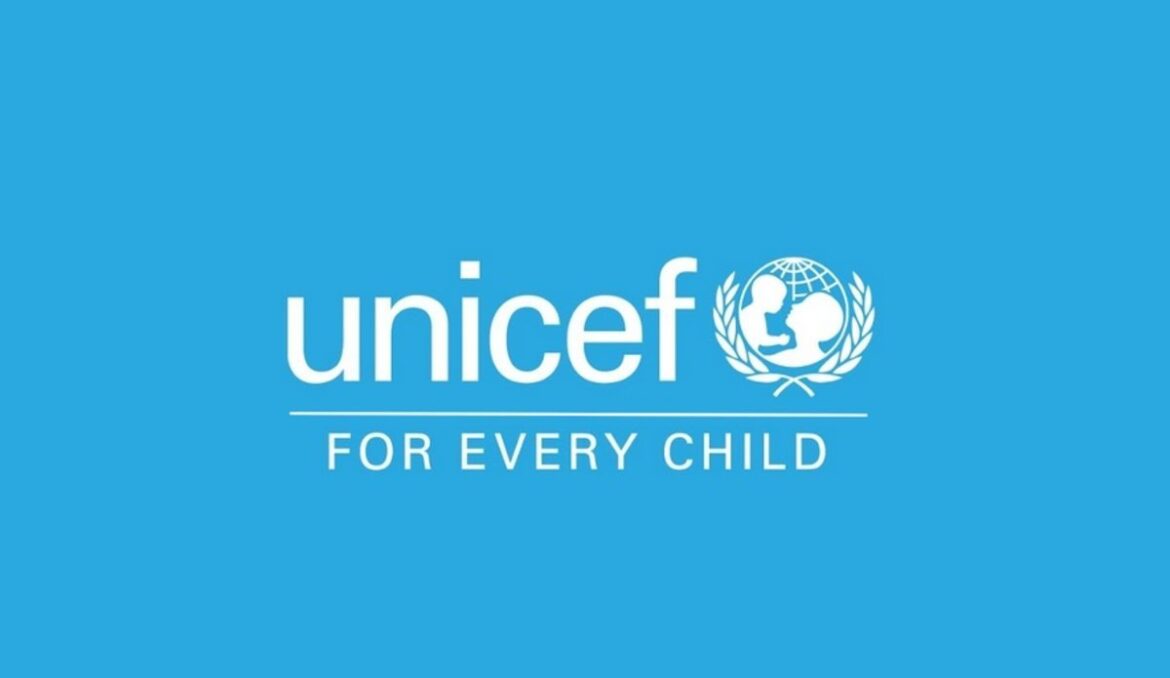By Asmau Ahmad
The United Nations Children’s Fund (UNICEF) in collaboration with the Taraba State Primary Health Care Development Agency (TSPHDA), has commenced a five-day campaign for the elimination of Maternal and Neonatal Tetanus in four local government areas of the state.
Mrs. Mercy Maigoge, State Health Educator, disclosed this at an engagement with Media practitioners on the Maternal and Neonatal Tetanus Elimination campaign on Sunday in Jalingo.
The meeting was, according to Maigoge, aimed at sensitising the media to maternal and neonatal tetanus elimination (MNTE) campaign currently going on in four LGAs of the state.
She said Bali, Kurmi, Wukari and Yerro local government areas were selected due to the high prevalence of the case in the council areas
The health educator stated that engagement of the media was also to ensure a sustained community awareness and sensitisation for increased uptake of the vaccines by the targeted group between 15 and 49 years.
Mrs Maigoge further explained that the meeting was also aimed at engaging the media in field monitoring, documentation, as well as reportage among others.
She observed that the media was a key stakeholder to partner with, to attain the objectives.
Maigoge said that the first phase of the TD popularly known as (TT) vaccination campaign would last for five days in the designated LGAs.
She urged the media to go out and monitor the full implementation of the vaccine during the campaign.
She said available data had shown that the selected LGAs were performing below expectation on the tetanus vaccination, thereby necessitating the campaign to cover up and raise the data to global expectation.
Also, the UNICEF State Team leader of Social and Behavior Change, Jennifer Dabo, added that the elimination of maternal neonatal tetanus (MNT) was a key area in global public health policy.
Dabo said MNT was one of the six childhood killer diseases targeted for accelerated control in Nigeria.
She said the elimination initiative was aimed at reducing maternal and neonatal tetanus cases in such level that the disease would no longer be a major public health problem, adding that it was defined as the occurrence of less than one NT case per 1000 live births per year in every district.
“So, in a thousand, at least they want to reduce Neonatal Tetanus to as little as just one if it is possible,” Dabo said.
Dabo noted that in many communities, deliveries took place in unhygienic circumstances, putting mothers and their newborn babies at risk of a variety of life-threatening infections such as tetanus.
According to Dabo, through immunization of children, mothers, women of reproductive age and the promotion of more hygienic deliveries as well as cord care practices, MNT can be eliminated.
She recalled that in 1989, the 42nd World Health Assembly called for the elimination of neonatal tetanus by 1995, and the report showed that 12 countries had not reached the MNTE status.
Such activities to achieve the goal are ongoing in those countries including Nigeria, she said.




